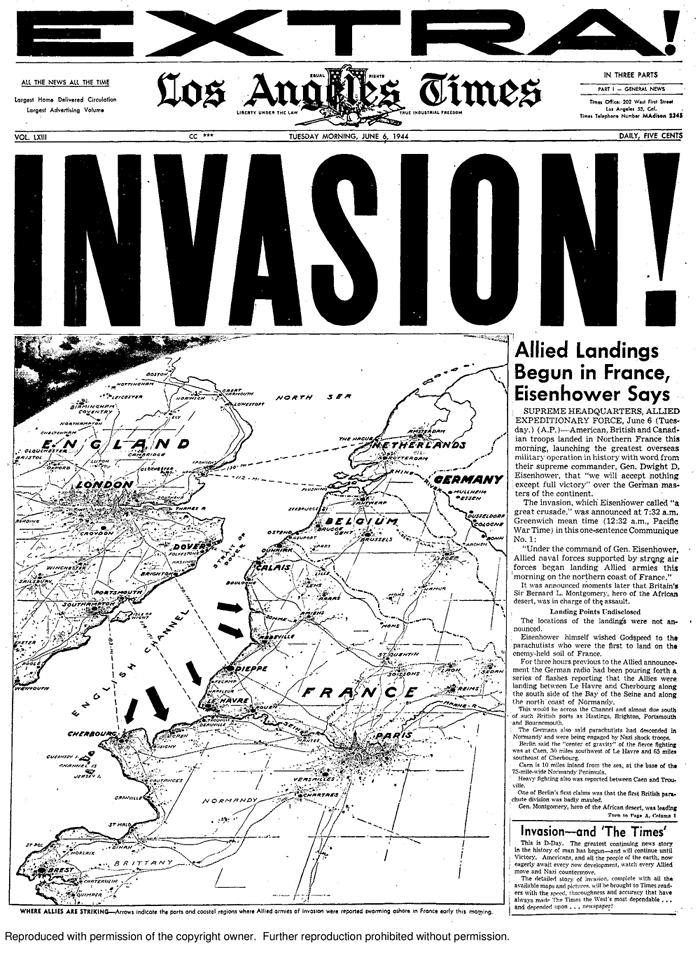Only slightly less misbegotten than the former Tribune Publishing’s new five-letter curse of a name, “tronc” is the vision forward of its leading stockholders, who may, if they maintain control of the company, hold sway over the Digital Age reinvention of 160 of what we used to call “publications.”
In “Desperate Times, Desperate Measures,” an excellent LA Weekly piece by Hillel Aron, the writer traces how Michael Ferro, with a poor won-loss record in the business, plans to revitalize the flagging fortunes of not only the Los Angeles Times (as a “global entertainment brand”) but also the wider industry. Aiding him is the second-largest stockholder, Patrick Soon-Shiong, a billionaire surgeon who seems to not realize that while great journalism might seem magical, it is not magic. It’s mostly drudgery and some inspiration. He’s quoted in the piece as saying that “one piece of technology…would use artificial intelligence to take a text story and convert it to video, generating as many as 2,000 videos a day.” Sounds like a plan, though not a particularly good one.
The bigger question may not be whether Ferro and Soon-Shiong fail, but if anyone can succeed. I don’t know that trying to remake the New York Times into The Daily Show is any better of an idea. As Aron relates, it isn’t merely the Internet or destabilizing new tools and shifting cultural attitudes that caused the ink to bleed red.
An excerpt:
Ferro’s track record is spotty at best. While he did help stabilize the Chicago Sun-Times after it emerged from bankruptcy, his three years as chairman of the company that owned the paper included laying off every staff photographer and creating a content farm called Aggrego, which produced a flood of non-reported blog posts — and did not prove to be a significant economic or technological success.
These grandiose proclamations, this bluster, this pretense that he has the answers that no one in the industry has come up with — that’s what you have to buy into in order to accept that all of this is real,” says Robert Feder, a former media columnist for the Chicago Sun-Times, who now writes a daily media blog licensed by the Chicago Tribune.
“I don’t want to shit all over Ferro, because I wish there were a lot more people willing to experiment and take risks,” former L.A. Times deputy publisher Nicco Mele says. “But there is no silver bullet, and to suggest that there is is wildly misleading.” …
One of the myths about the newspaper industry is that it’s getting killed by the internet, by technology and social media. The reality is more complicated — and more troubling for journalism.
“It’s not just about the internet,” former L.A. Times deputy publisher Mele says. “It’s about changing habits and deep cultural changes. People are valuing opinion over news. People are less engaged in the day-to-day of their own communities. People are much more mobile and transient. If there was one trend that is really underappreciated, it’s, since Watergate, the continuing erosion of trust in the institutions that once made America great — the press first and foremost.”•
Tags: Hillel Aron, Michael Ferro, Nicco Mele, Patrick Soon-Shiong, Robert Feder

